Deliver your CNC Machining parts as design specifications, on time, and at a cost-effective factory price
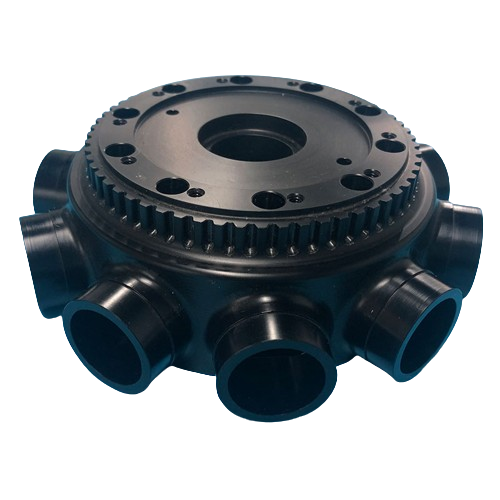
Are you looking for a reliable, quick-turn supplier of CNC-turned parts?
HKAA-Machining is a leading manufacturer of CNC-turned parts delivering excellent quality flexibly. Our highly skilled engineers, designers, and procurement teams ensure our services are provided on time and within budget.
Our state-of-the-art CNC turning centers & lathes, combined with various finishing options, make us the perfect choice for your precision manufacturing requirements, from prototyping to production runs.
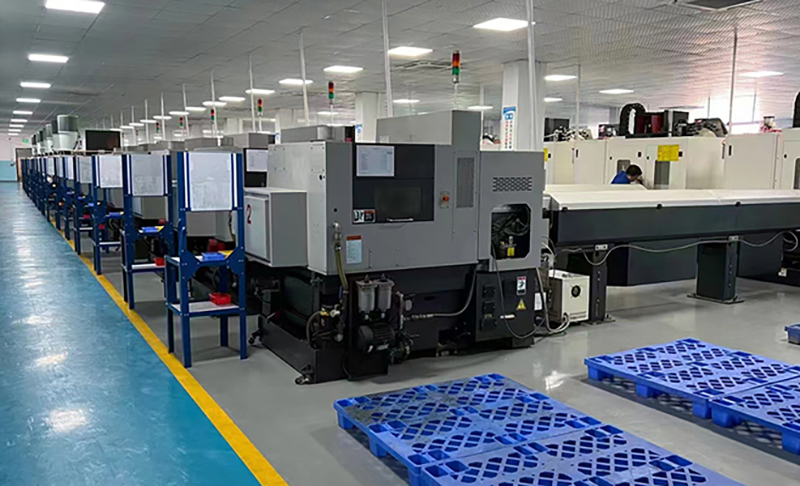
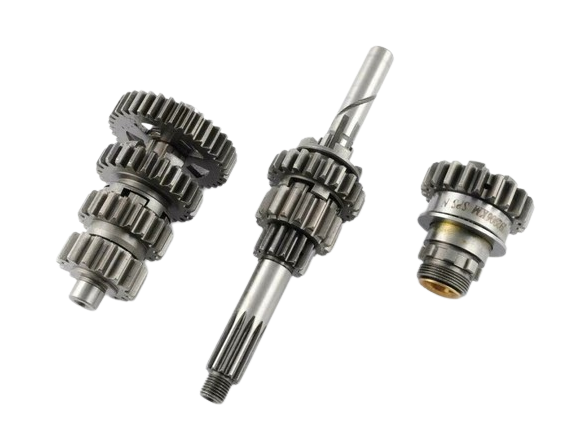

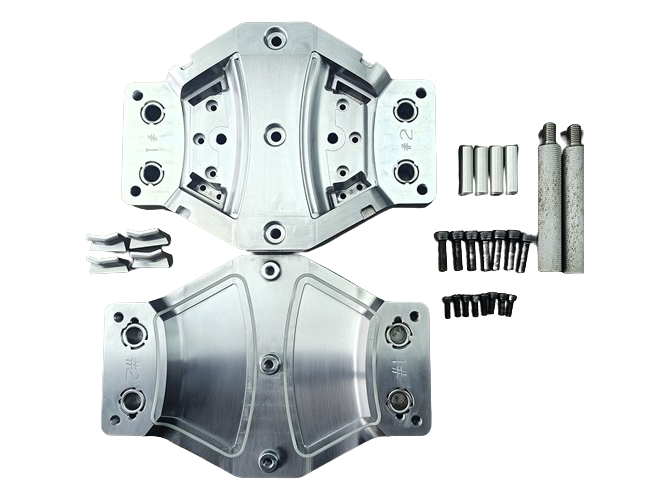
Unlock the full potential of your e-wallet and payment gateway with our seamless integration solutions.
We’re committed to reducing friction at every stage, so you can be as delighted with the speed of your CNC Turned parts’ arrival as you are with their exceptional quality. Order now to receive your parts in as little as 5 days!
We offer over 60 production-grade materials including metal, plastic, and ceramic, and take great care to ensure the right material is used for every part.
Our standard CNC tolerance is +/- 0.127mm, and when you use our tolerance configurator, you can expect precision machining to be +/- 0.005mm.
We offer high-quality finishing processes for most CNC Turned parts; including anodizing, polishing and plating, heat treatment, powder coating, and more.
Integrate our e-wallet and payment gateway solutions effortlessly with our step-by-step integration process.

Begin your integration journey by signing up for a Coinage account. Once registered, set up your account by filling.
Generate your API keys to enable secure communication between Coinage and your systems.
Set up webhooks to receive real-time notifications about transaction statuses and account activities.
Conduct thorough testing to ensure that the integration is functioning correctly. Use our sandbox environment to simulate.
Once testing is complete and everything is working as expected, switch to live mode. Monitor the integration.
NO! – No minimum quantity! HKAA Machining provides rapid prototypes and short to medium-run production machining services.
CNC Precision Machining Tolerances down to ±.0002″ (0.005mm).HKAA can manufacture and inspect to tight tolerances per your drawing specifications.
General CNC Machining Tolerances on metal to +/- 0.005″ (+/- 0.127 mm) following ISO 2768 unless otherwise specified. CNC Plastics and composites will be +/- 0.010”(+/- 0.254 mm).
HKAA Machining accepts payment in two ways: 1. Bank to bank wire transfer 2. PayPal
For the 3D drawing, we would prefer STEP, IGES, or X_T format. For the 2D drawing, we would prefer PDF format there are tolerances with the dimensions if possible.
Lead times are 2 to 3 weeks for prototypes and 4 weeks for production runs. Emergency and rush services are available.
Our company has a strict quality control system in place to ensure that all products meet customer requirements. Before delivery, we perform comprehensive testing of our customer’s products to ensure they meet specifications, including dimensional accuracy, surface finish, hardness, and precision.
We utilize computerized measuring equipment to verify critical dimensions, ensuring that each product we produce is of the highest quality.
Our commitment to quality ensures that every customer receives their products on time, with the highest level of accuracy, and in accordance with their requirements.
Accuracy and precision: CNC machines are highly accurate and can consistently produce parts with tight tolerances. This level of precision is difficult to achieve with manual machining processes.
Repeatability: CNC machines can produce identical parts over and over again with the same high level of accuracy and precision. This makes CNC machining ideal for large-scale production runs.
Speed: CNC machines can produce parts quickly and efficiently, especially when compared to manual machining processes. This allows for faster turnaround times and shorter production cycles.
Flexibility: CNC machines can be programmed to produce a wide range of parts and can handle a variety of materials, including metals, plastics, and composites.
Reduced labor costs: Because CNC machines are automated, they require less human intervention than manual machines. This means that fewer workers are needed to operate and monitor the machines, which can result in lower labor costs.
Complexity: The programming and operation of CNC machines require specialized training and technical knowledge. This can be a challenge for companies that don’t have experienced CNC operators on staff.
Limited flexibility: While CNC machines can produce a wide range of parts, they are limited by the size and capabilities of the machine. This means that some parts may be too large or too complex to be produced by a particular CNC machine.
Material limitations: While CNC machines can handle a wide range of materials, certain materials may be more difficult to machine than others. This can result in longer machining times, increased tool wear, and other challenges.
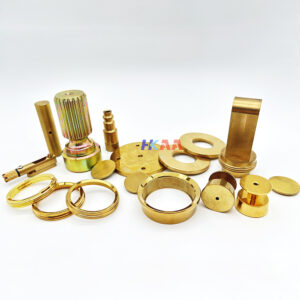
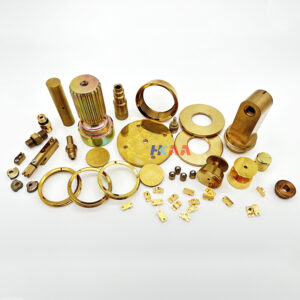
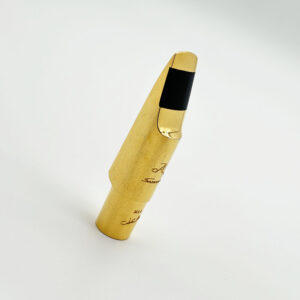


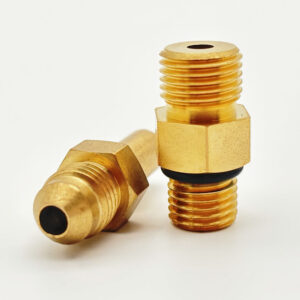
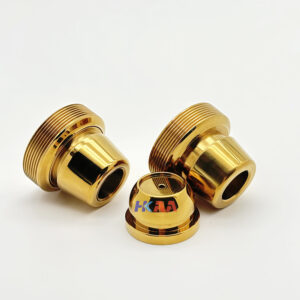



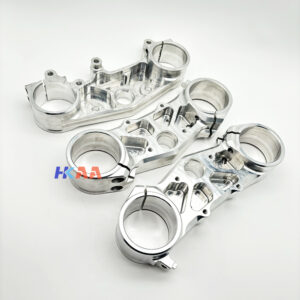

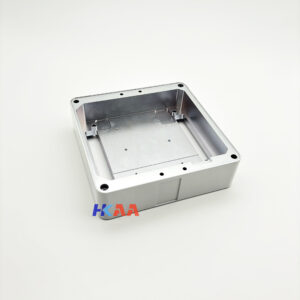
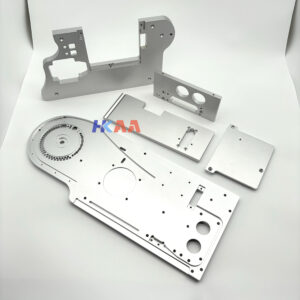
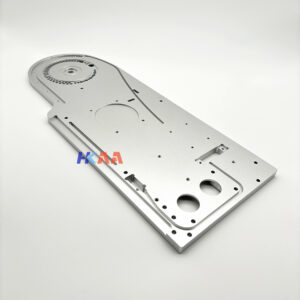
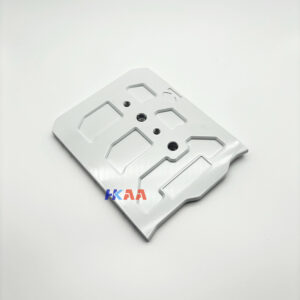

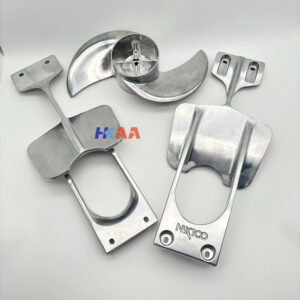

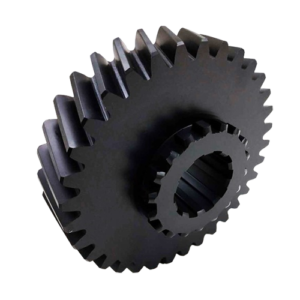
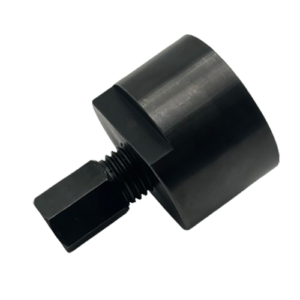
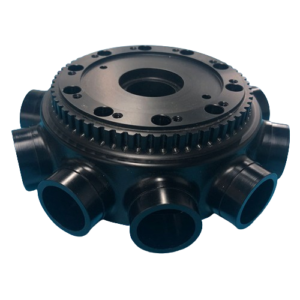
CNC lathe machines sometimes referred to as live tooling lathes, are an excellent choice for creating symmetrical, cylindrical or spherical parts. These machines utilize a workpiece that rotates along a vertical or horizontal axis while a cutting instrument moves around it on a linear path. This cutting process is referred to as turning. As a result of their precision and efficiency, CNC lathes are often used in a variety of manufacturing environments.
CNC lathes use a subtractive method to achieve the desired shape, starting with the creation of G-Code. Once the G-Code is ready, a solid bar, or blank, of raw material is loaded into the chuck of the lathe’s spindle. The chuck securely holds the workpiece in place while the spindle rotates. Once the spindle reaches operating speed, a stationary cutting tool is introduced to the workpiece to remove excess material until the desired shape is achieved. This precise cutting method and advanced technology allow CNC lathes to create an array of shapes with high accuracy and consistency.
2-axis CNC lathes and Swiss-type lathes are the most prevalent types of lathes. However, Swiss-type lathes have unique features, such as stock material feeding through a guide bushing, which enables close-in cutting at the point of support. This attribute is suitable for slender, lengthy turned parts and micromachining. Additionally, some Swiss-type lathes are equipped with a second tool head that functions as a CNC mill. This feature saves costs since it allows the lathe to perform multiple machining operations without the need for another machine. As a result, Swiss-type lathes are cost-effective for complex turned parts.